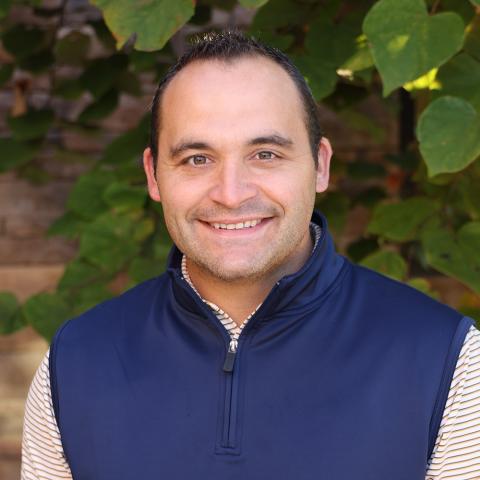A Crisis of Trust
It all began with an unexpected package from Amazon—there was no note, just my name and the package from a kind, mysterious sender. Inside the plain white bubble-wrapped package was a book titled “Who Believed in You?” I had never heard of it before, but something about the title intrigued me. As I flipped through the pages, one chapter in particular reached into my chest and gripped my heart. It discussed a hidden superpower we all possess but rarely acknowledge: Trustworthiness. Not fame, charisma, or talent, but rather the quiet, steady strength of being someone others can depend on.
To be the kind of person or leader that people can count on is a powerful thing. Trust is the invisible thread that weaves hearts together—it’s the glue that holds families close, unites communities, and strengthens the foundation of every healthy church. Without trust, relationships crumble; with it, even the most broken bonds can be rebuilt.
There is a growing crisis of trust in our nation, affecting our institutions, our leaders and, unfortunately, our churches. It seems that just a few days pass without hearing about another scandal that fosters skepticism and undermines confidence in everything from the media to religious organizations. People are asking, “Who can I really trust?” This issue is not only political; it is personal as well. Marriages and families are strained, governments and communities are fractured, and many churches and their leadership are facing significant challenges. In a culture that is vocal about opinions but often silent on integrity, trustworthiness has become a rare and endangered virtue.
In the Gospel of Luke, Jesus trains His followers by sharing a series of parables, which are simple stories that carry profound theological significance and spiritual meanings. In the sixteenth chapter, He addresses the parable of the unjust steward and emphasizes a powerful lesson about trustworthiness. Luke 16:10 states, “He who is faithful in what is least is faithful also in much, and he who is unjust in what is least is unjust also in much.” This lesson from the Master Teacher highlights the importance of faithfulness, integrity and trust.
God desires each of us to be trustworthy, and He observes how we manage small responsibilities. Our approach to these minor tasks largely determines whether we are qualified for greater responsibilities. How are we handling finances? Are we responsible and confidential when providing counsel to those in need? Do we understand the reliability required when making commitments? Do we exercise honesty and integrity and is it coupled with a dose of humility? Trustworthiness is not merely a professional attribute—it is a vital aspect of our spiritual testimony.
When I read that chapter from the mysterious book that appeared, it made me reflect on the crisis of trust we are experiencing. How do we reverse this curse? How can we regain the superpower that has often been stolen, forfeited, destroyed or underutilized? I wrote down an equation on a yellow legal pad: Reliability + Integrity = Trustworthiness. This is not just mathematics; it represents a ministry to the people God has entrusted to us.
A pastor should provide his church with someone they can rely on and trust. A father needs to cultivate a culture in his home that his family can believe in and count on. A mentor must instill confidence in his mentee and be someone who can be depended upon. When we are trustworthy, we create a foundation of peace and stability in our churches, homes and communities.
Ministry leaders, business owners, politicians and anyone who claims the title of Christian should commit to the quiet, unseen, yet profoundly impactful work of being trustworthy in all that we do. David and Dina McCormick said it best: “Trustworthiness becomes the defining value of a deep and mutually beneficial relationship.” This principle holds in all human relationships and institutions.
May we all commit—to benefit society, nurture our relationships, and glorify God—to the vital task of being trustworthy in a world facing a crisis of trust.
- Log in to post comments
